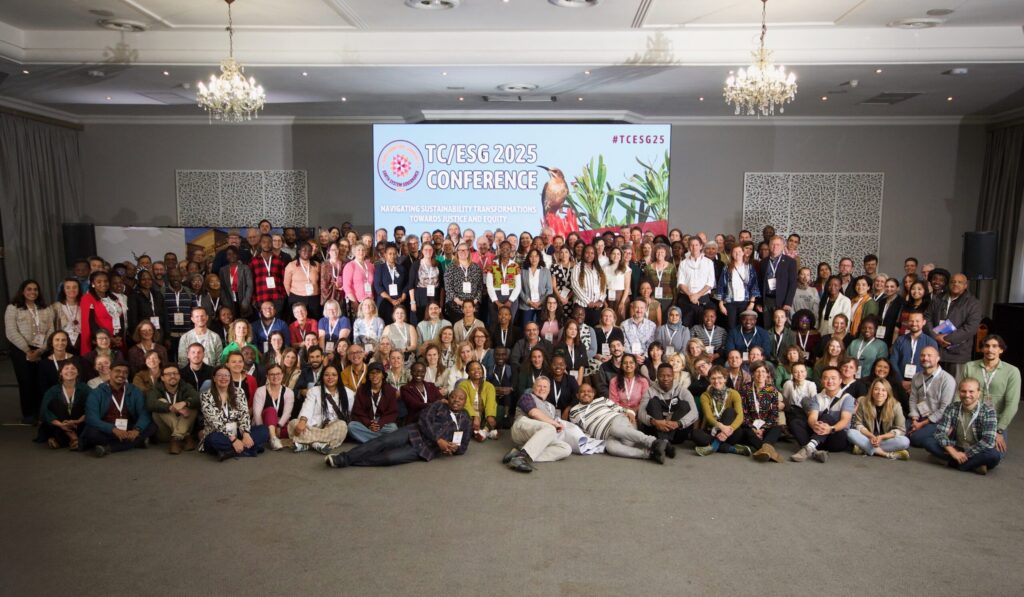
FairFrontiers and ForEqual organized a session titled: History, science and data in forest land frontiers – breaking silence within infrastructures of inequality.
Transformations towards just and sustainable futures in frontier regions have been often derailed by disruptive economics, politics and historical path dependencies that reinforce business-as-usual interests and practices. Where there are innovative initiatives and policies to foster more equitable forest and land uses, there are also powerful institutions and discourses that silence alternative voices and diverse perspectives. This session aimed to identify the underlying mechanisms that produce and reproduce silence and injustice, and highlight how silences can have voice.
The case studies featured in this session highlighted different methods, critical analyses and transdisciplinary approaches to bring in different voices and knowledges to examine who is silenced, by whom and who is using silence as resistance. Recognizing that transformations will require ‘shared spaces’ of multiple ways of knowing, being and doing, the session speakers are social and political scholars, and land rights activists from the Global South and North.
Below are the talks from this session:
Unpacking infrastructures of inequality – the case of deforestation in the global south
Maria Brockhaus (University of Helsinki)
Silenced voices in the development of forest and land in Sabah
Grace Wong (Research Institute for Humanity and Nature)
Shedding light on silence and knowledge in forest policy
Alizee Ville (University of Helsinki)
Resistance, the state and silent actors: comparative analysis of discourse coalitions in forest land deals in Cameroon and Malaysia
Alain Fabrice Mfoulou (Green Development Advocates)
Panel chair and discussants: Odirilwe Selomane (University of Pretoria), Christine Lain (Forgotten Parks), Esther Changwa (Forgotten Parks)
In a separate session, Empowering Communities for Sustainable Change, researcher Alimata Sidibe presented two talks, Local Perspectives on Protected Areas, Plantation Expansion, and Non-Material Well-Being in the Campo Ma’an Landscape, Cameroon and Ecosystem Services and Life Satisfaction: Insights from Local Communities around Upemba National Park
Project leader Grace Wong also convened a panel “Just” conservation? Bridging values for equitable biodiversity governance. Click here to read about some of the talks from this panel, as well as reflections from the conference as a whole.
